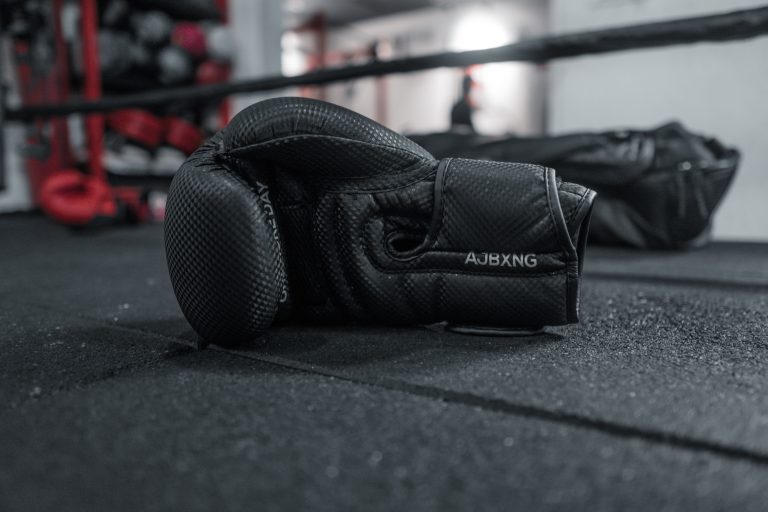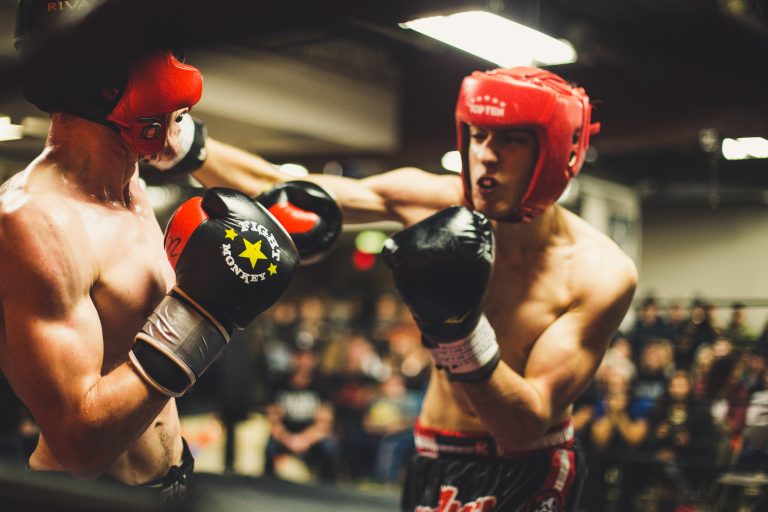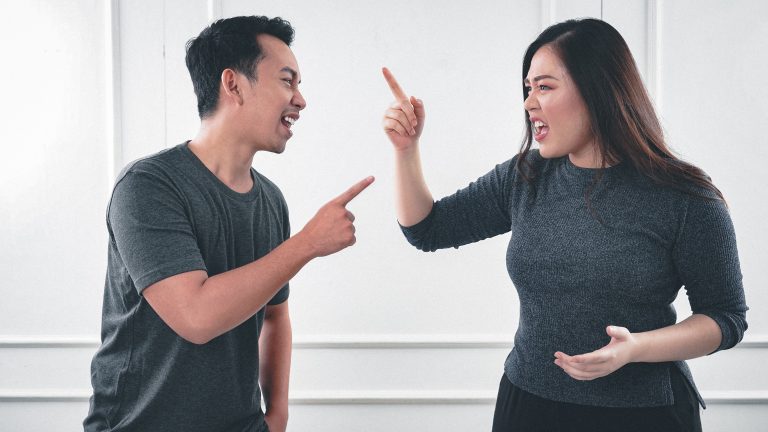Karate – How to Learn the Right Techniques
Karate is a martial art that originated in Okinawa, Japan, and has gained worldwide recognition as a sport, self-defense, and form of exercise. However, learning the right techniques of karate is crucial to ensure that you perform well and avoid injuries. Here are some tips to help you learn the right techniques of karate.
Find a Qualified Instructor
The first step to learn the right techniques of karate is to find a qualified instructor who can guide you through the basics and advanced techniques of karate. A qualified instructor should have a black belt or higher, a good reputation, and be affiliated with a recognized karate organization. Look for local karate schools, clubs, or dojos to find a qualified instructor.
Practice Regularly
Karate requires consistent practice to develop muscle memory, flexibility, and strength. Practice your karate techniques at least three times a week in a safe and controlled environment. Make sure to warm up properly before each session and cool down afterward to reduce the risk of injury.
Focus on Proper Form and Posture
Proper form and posture are essential to perform karate techniques correctly and avoid injuries. Some essential elements of proper form and posture in karate include keeping your knees bent, your back straight, and your feet shoulder-width apart. Additionally, your technique should be fluid and relaxed, without any unnecessary movements or tension.
Learn the Fundamentals First
Karate has a wide range of techniques and moves that can be overwhelming for beginners. Therefore, it’s essential to learn the fundamentals first, which include basic strikes, blocks, and kicks. Once you master the fundamentals, you can move on to advanced techniques and combinations.
Use the Right Protective Gear
Karate involves strikes and kicks, which can be dangerous. Therefore, it’s crucial to use the right protective gear, such as mouthguards, headgear, gloves, and shin guards. Using protective gear can reduce the risk of injury and allow you to focus on learning the techniques.
Be Patient and Persistent
Learning karate takes time, effort, and patience. Therefore, don’t expect to master it overnight. Be patient and consistent in your practice, and you will soon see improvements in your techniques and skills.
In conclusion, learning the right techniques of karate is crucial to perform well and avoid injuries. Find a qualified instructor, practice regularly, focus on proper form and posture, learn the fundamentals first, use the right protective gear, and be patient and persistent in your practice. With these tips, you can learn the right techniques of karate and enjoy its benefits, such as improved fitness, self-defense skills, and personal growth.
Most Frequently Asked Questions about Karate Techniques
Karate is a martial art that originated in Okinawa, Japan. It is known for its lightning-fast strikes, powerful kicks, and fluid movements. Karate is not just about self-defense, it is also a way of life that instills discipline, respect, and perseverance. Many people are interested in learning the correct techniques for this martial art, and they often have several questions in mind. In this post, we will answer some of the most frequently asked questions about Karate techniques.
What is Karate?
Karate is a martial art that focuses on striking techniques such as punches, kicks, knee strikes, and elbow strikes. It also includes grappling techniques like throws, joint locks, and chokeholds. Karate training involves conditioning the body, improving flexibility & stamina, and practicing techniques through katas (pre-arranged sequences of moves) and kumite (sparring).
How to Learn Karate Techniques?
Learning karate techniques requires discipline, patience, and consistent practice. In karate, students start with learning basic techniques like punches, kicks, and blocks. As they progress, they learn more advanced techniques and combinations for self-defense. Here are some tips for learning karate techniques:
- Find a qualified instructor: To learn the correct techniques in karate, it is essential to have a good teacher who can guide you through the process.
- Practice regularly: Consistent practice is the key to mastering karate techniques. You should practice at least two to three times a week.
- Focus on the basics: Basic techniques like punches, kicks, and blocks form the foundation of karate. Mastering these basics will make it easier to learn advanced techniques.
- Take feedback: Ask your instructor for feedback on your techniques and focus on improving them.
- Stay open-minded: Karate is not just about physical techniques, it also includes mental and spiritual aspects. Stay open-minded and embrace these aspects as well.
What are the Benefits of Learning Karate Techniques?
There are several benefits of learning karate techniques, including:
- Improved physical fitness: Karate training involves conditioning the body, which improves strength, flexibility, and stamina.
- Self-defense: Karate techniques are useful for self-defense situations, where you need to protect yourself from an attacker.
- Improved mental focus: Karate training also involves mental concentration, which improves focus, discipline, and self-awareness.
- Confidence: Learning karate techniques can boost confidence as you develop self-defense skills.
- Respect and discipline: Karate training instills respect for others, discipline, and perseverance, which can be applied to other areas of life.
What is the Best Age to Learn Karate Techniques?
Karate can be learned at any age, but the best age to start is around 6 to 7 years old. At this age, children have developed sufficient motor skills, focus, and attention span to learn the basic techniques. However, with proper training and guidance, adults of any age can also learn karate techniques.
Can Karate Techniques Cause Injuries?
Like any physical activity, karate techniques can cause injuries if not performed correctly. However, with proper training and guidance, injuries can be minimized. Karate instructors teach techniques in a gradual and safe manner that allows students to build strength and flexibility while minimizing the risk of injury. Students should also use proper protective gear during sparring to reduce the risk of injury.
Conclusion
Karate is a martial art that requires discipline, patience, and consistent practice to master the correct techniques. By finding a qualified instructor, practicing regularly, focusing on the basics, and staying open-minded, you can learn karate techniques effectively. Learning karate not only improves physical fitness but also instills respect, discipline, and confidence. Karate can be learned at any age, but starting at a young age is optimal. With proper training and guidance, injuries can be minimized, and karate can be practiced safely.
Inhaltsverzeichnis






